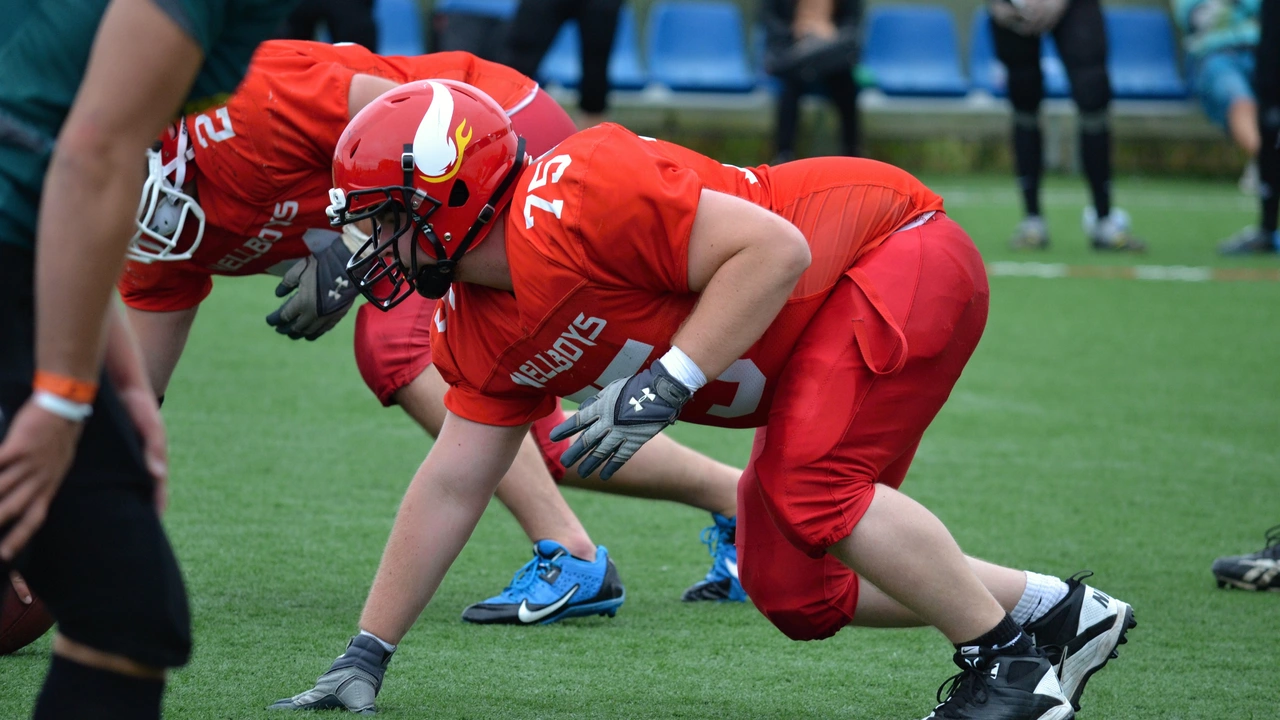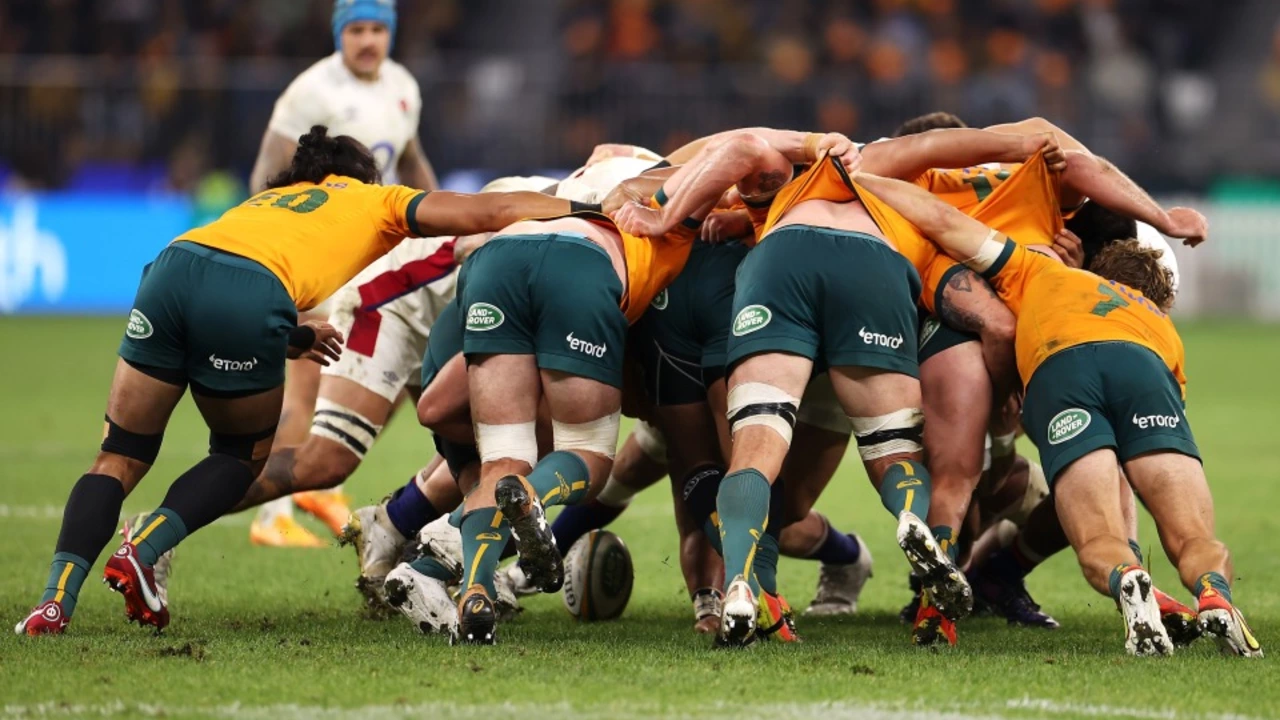Harlow Rugby Central - Page 2

LDU Quito Upset São Paulo to Reach Libertadores Semifinals
LDU Quito stunned São Paulo 1-0 on Sep 25, 2025, advancing to the Libertadores semifinals for the first time since 2008, thanks to Jeison Medina's goal and Gonzalo Valle's heroics.

Ballon d'Or 2025: Dembélé’s First Win and Bonmatí’s Third Straight Triumph
At the 2025 Ballon d'Or ceremony French winger Ousmane Dembélé captured his maiden Men’s award, edging out teenage sensation Lamine Yamal. In the women’s game, Spain’s Aitana Bonmatí secured a third consecutive trophy. Young player honors went to Yamal and Vicky López, while PSG and Arsenal were named clubs of the year and Luis Enrique earned coach of the year.

Gemini App: Pro Tips for Sharper AI Images and Smarter Edits
Google’s Gemini app, powered by Imagen 3 and the Nano Banana editor, can turn detailed prompts into photorealistic images and refined composites. This guide breaks down what the model does well, how to write prompts that land, and how to edit, combine, and restyle images. Includes real prompt templates, workflow tips, and advice on mood, era, lighting, and camera specs.

Nottingham Forest sack Nuno Espirito Santo after three games amid rift with owner
Nottingham Forest have sacked Nuno Espirito Santo just three games into the Premier League season after a breakdown with owner Evangelos Marinakis. Nuno had recently signed a three-year deal and led Forest to seventh last season, securing European football for the first time in 30 years. Tensions over transfers and club structure boiled over. Forest now rush to appoint a successor before facing Arsenal.

What is your best rugby anecdote?
So, grab a brew and buckle up for this one! Picture this: the most unexpected rugby match under the stormy skies of Scotland, with me, a novice, right at the heart of it. Amidst the mud, the rain, and the fierce tackles, I found myself scoring the winning try, much to everyone's surprise, including mine. Now, if you think this is the stuff of legends, well, you're not entirely wrong! So here's to the unpredictable world of rugby, where even the unlikeliest of heroes can have their moment of glory.

Are American football players faster than rugby players?
After looking into the speed of American football players versus rugby players, it's not a straightforward comparison. Both sports demand different physical attributes and skills. While American football players often showcase impressive speed during short, explosive plays, rugby requires more endurance for continuous play. Some positions in football, like wide receivers and running backs, may outpace rugby players in sprints. However, considering the overall athlete, rugby players might maintain a consistent speed longer. So, it essentially comes down to the specific demands and nature of each sport.

What is rugby called in England?
In England, the sport we're all familiar with as rugby is simply called "rugby". However, it's important to note that there are two distinct types of the game in England; Rugby Union and Rugby League. Rugby Union is often just referred to as "rugby", while Rugby League is commonly known as "league". Both versions are popular, but they have different rules and traditions. So next time you're in England, make sure you specify whether you're up for a game of 'rugby' or 'league'!

Is Rugby Union dangerous, and if so, can it be made safer?
In my exploration of Rugby Union, I've found that it does carry a certain level of danger due to its physical nature, which often leads to injuries, sometimes severe. However, I believe the sport can be made safer without losing its essence. There are measures being taken to improve safety, such as stricter enforcement of rules, improved protective gear, and better training for injury prevention. It's also essential to create a culture that prioritizes player safety over winning at all costs. So, while Rugby Union is indeed a rough sport, there's room for improvement in making it safer for all players.

What premiership rugby club should I support (2022-23)?
Choosing the right premiership rugby club to support in the 2022-23 season can be a bit overwhelming. To make the best decision, consider factors like team performance, location, and personal connections. It's also essential to research each club's history and values to find the one that resonates most with you. Don't be afraid to get involved with local fan groups to learn more about the team culture. Remember, supporting a team is about more than just the game; it's about being part of a community and sharing a passion with fellow fans.

What premiership rugby club should I support (2022-23)?
As a new rugby fan, I've been researching which premiership rugby club to support for the 2022-23 season. After considering factors like team history, style of play, and fan base, I've narrowed down my options. I've also looked into the clubs' community involvement and their potential for success in the upcoming season. It's been a tough decision, but I'm excited to announce my chosen team soon. Stay tuned for my final verdict and reasons for picking the club that I believe will be the best fit for me.
© 2026. All rights reserved.